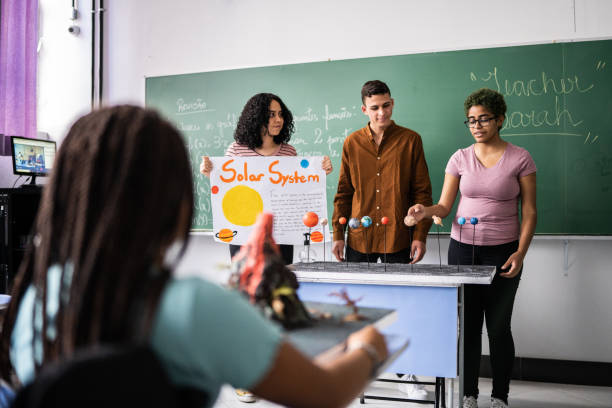Study skills seminars for high school seniors can provide valuable guidance and resources to help students develop effective study habits, improve academic performance, and prepare for success in college and beyond. Here are some topics and strategies that can be covered in study skills seminars for high school seniors:
1. Time Management:
- Techniques for prioritizing tasks, setting goals, and managing time effectively to balance academic responsibilities, extracurricular activities, and personal commitments.
- Strategies for creating a study schedule, breaking down tasks into manageable chunks, and avoiding procrastination.
2. Note-Taking Strategies:
- Methods for taking organized and effective notes during lectures, class discussions, and readings, including Cornell notes, outlining, and concept mapping.
- Tips for active listening, identifying key information, and synthesizing complex concepts into concise notes.
3. Reading Comprehension and Critical Thinking:
- Strategies for improving reading comprehension, such as skimming, scanning, annotating, and summarizing texts.
- Techniques for developing critical thinking skills, including analyzing arguments, evaluating evidence, and drawing logical conclusions.
4. Test Preparation and Test-Taking Strategies:
- Approaches for preparing for exams, including creating study guides, practicing with past exams, and using mnemonic devices and memory techniques.
- Tips for managing test anxiety, staying focused during exams, and utilizing effective test-taking strategies, such as process of elimination and time management.
5. Research Skills and Information Literacy:
- Guidance on conducting research using reliable sources, evaluating information critically, and avoiding plagiarism.
- Introduction to library resources, databases, and citation styles commonly used in academic research.
6. Writing Skills and Academic Writing:
- Techniques for brainstorming ideas, organizing thoughts, and drafting essays with clear thesis statements, logical structure, and supporting evidence.
- Strategies for revising and editing written work, including peer review, self-assessment, and grammar and style conventions.
7. Collaboration and Group Work:
- Tips for effective communication, collaboration, and conflict resolution in group projects and team-based assignments.
- Guidelines for establishing group norms, dividing tasks, and holding team members accountable for their contributions.
8. Study Environment and Self-Care:
- Recommendations for creating a conducive study environment, including minimizing distractions, managing digital distractions, and maintaining ergonomics.
- Strategies for promoting physical and mental well-being, such as getting enough sleep, staying hydrated, exercising regularly, and practicing stress management techniques.
9. Academic Planning and Goal Setting:
- Assistance with setting academic and personal goals, identifying strengths and areas for improvement, and developing action plans for achieving success.
- Information on college and career exploration, including researching colleges, majors, and career pathways, and understanding admissions requirements and deadlines.
10. Lifelong Learning and Growth Mindset:
- Encouragement to adopt a growth mindset, embrace challenges, learn from failures, and persist in the face of obstacles.
- Introduction to resources and strategies for lifelong learning, such as online courses, professional development opportunities, and personal enrichment activities.
These study skills seminars can empower high school seniors with the tools, strategies, and mindset needed to thrive academically and pursue their educational and career goals with confidence. By equipping students with essential study skills and habits early on, they can better navigate the challenges of college and beyond, setting a strong foundation for lifelong learning and success.
